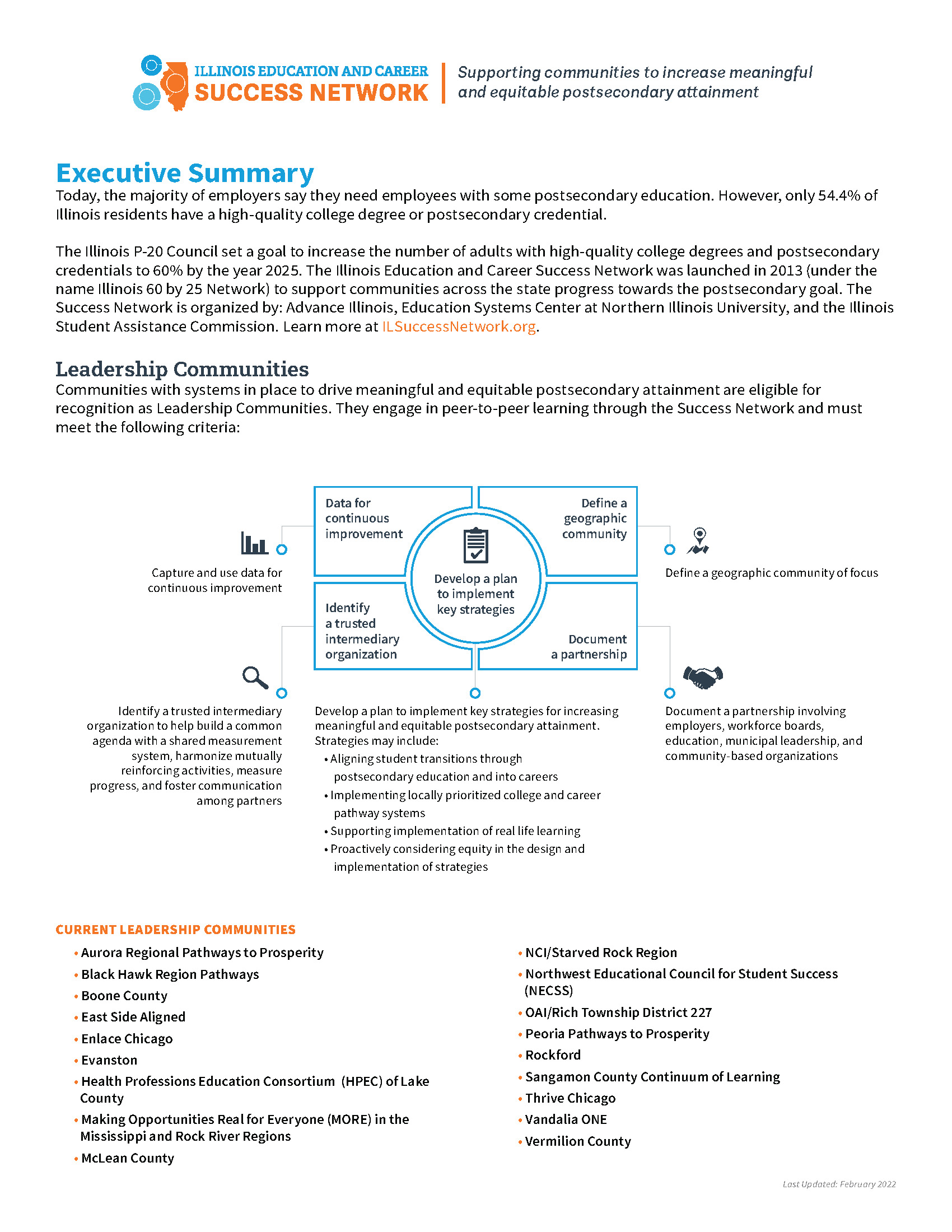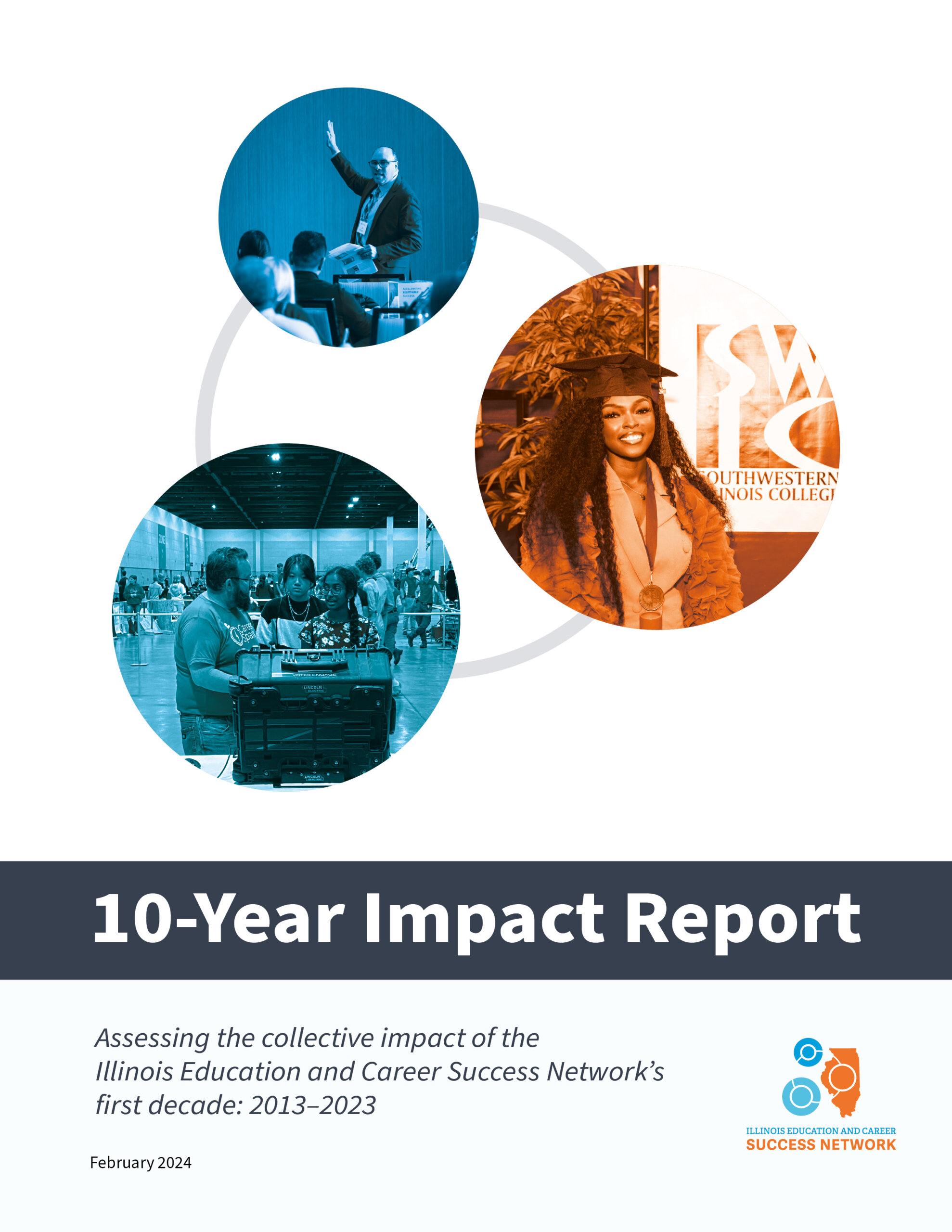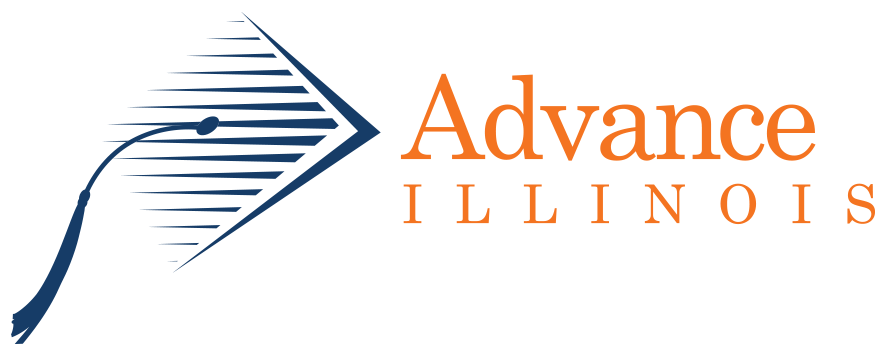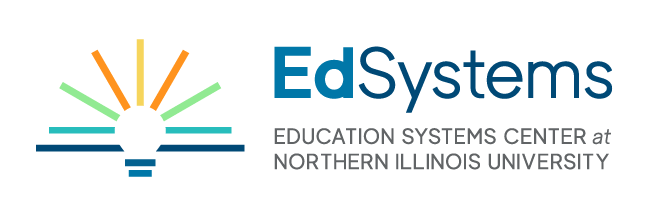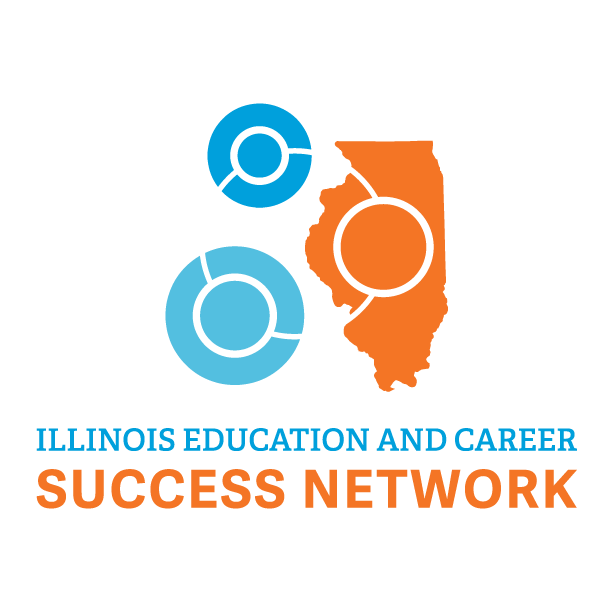Illinois students should be graduating high school ready with the knowledge and skills necessary to be successful in life after high school—college and career. Today all high school graduates need some postsecondary education and/or training if they are to have options and opportunities in the job market. In Illinois, 70 percent (4,168,000) of jobs will require postsecondary training beyond high school in 2031 (according to the Georgetown University Center on Education and the Workforce). Currently, 57.1% of Illinois adults have a high-quality postsecondary college or career credential—a significant increase from 43% in 2013, when the Network was established (according to the Lumina Foundation). These realities in Illinois have driven communities to look for broader solutions to what are increasingly seen as systemic problems in the education-to-employment continuum.
The Illinois Education and Career Success Network (formerly the Illinois 60 by 2025 Network) is a growing network of communities in Illinois that are committed to advancing equitable postsecondary attainment.
Background
In 2009, the Illinois P-20 Council established a goal for Illinois to increase the number of adults with high-quality college degrees and postsecondary credentials to 60% by 2025. While the P-20 Council and State agencies monitor this goal and focus on state policy to support it, policy alone will not drive the local efforts needed to ensure students seamlessly progress to and through postsecondary education and into the workforce.
Recognizing the emergence of local initiatives across Illinois to increase postsecondary attainment and the lack of statewide support infrastructure, the Illinois 60 by 25 Network was launched in 2013 by Advance Illinois, Education Systems Center at Northern Illinois University (EdSystems), and the Illinois Student Assistance Commission (ISAC). In 2022, the collective updated its name to the Illinois Education and Career Success Network, to express our purpose and vision for 2025 and beyond.
Mission and Vision
The Success Network’s mission is to support Illinois communities to increase meaningful and equitable postsecondary attainment so that Illinoisans realize education, economic, and social success.
The Success Network seeks to:
- Drive state policy implementation relating to education and career attainment.
- Deepen and validate cross-sector collaboration through collective impact.
- Enhance leadership and governance structures within Illinois communities.
- Build local capacity to develop and scale education and career initiatives by promoting best practices, creating accountability, and increasing community-level data capacity.
- Inform state policy based on community-level efforts.

